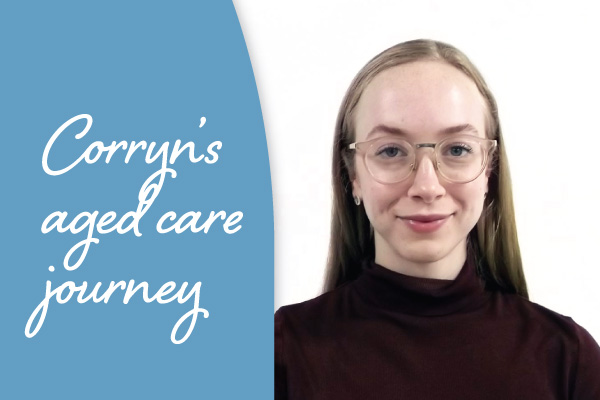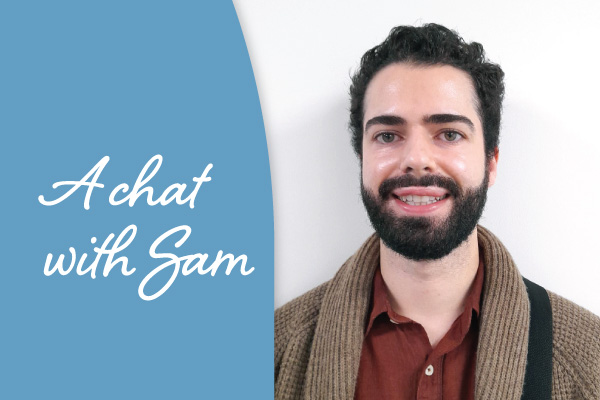The future and means of moving towards this aim in the most positive way were at the forefront of discussions throughout the event, giving attendees plenty to consider as we work toward solving the challenges we face now and in years to come.
So we jumped at this fantastic opportunity to join like-minded industry professionals at the ‘Building a Quality Aged Care Workforce’ conference, with the shared aim that we are so passionate about – developing strategies to meet the workforce needs of the aged care sector.
Creating positive change through collaboration in training and education
In the background of the discussion was the critical examination of the Aged Care Workforce Strategy Taskforce report, A Matter of Care – Australia’s aged care workforce strategy. One of the key things we came away with was that the vision of the taskforce – to enhance life through care – needs to be underpinned by a commitment to sustainable organisational change. Which is easier said than done.
While the 14 strategic imperatives provide tools to those working within the sector, it will be both a combination of Government policy and awareness programs which will be key to shifting societal attitudes, along with actions to create organisational change from within the industry, which will propel the changes we need.
There were major concerns voiced by organisations about the ability of the industry to meet workforce needs, and the quality of training contributing to a lack of appropriately trained staff and high-employee turnover.
This concern is reflected in #4 of the Strategic Actions in the Government’s workforce strategy.
- Defining new career pathways including accreditation The aim is to support an agile workforce by rethinking and opening job pathways and career options. It recognises the emergence of new roles based on integrated and living well models of care. Pathways are linked with reframed qualifications and skills, recognising competencies, creating new and moving to longer career paths and an industry standard for worker and volunteer accreditation.
We believe, as highlighted by RMIT’s Renee Costa, that key to achieving this objective is to work more collaboratively as an industry. This includes finding training solutions on site, sourcing placements and ensuring industry is front-and-centre in developing training content.
We already work in partnership with industry to provide our quality learning programs to upskill their current staff and to create career pathways.
From the feedback we receive, we know that this helps to promote staff retention and leadership skills. We believe that an attitude of lifelong learning also sets the tone for continuous improvement.
In addition, training delivery will need to be reflective of the different cohorts that we’re aiming to attract to the industry, such as digital delivery for millennials and support for learners who have English as a second (or third) language. Also to explore strategies to support potential new cohorts such as Lesbian, Gay, Bi-sexual, Transgender, Intersex (LGBTI).
One of the perhaps quite surprising statistics presented by Tania Browne from the Department of Health was the meteoric rise in individuals with high-care and complex care needs over the past five years. This highlights the need for the content and the specifics of care training to cater to the trends that present themselves.
“We believe that collaborating with the vocational education and training sector can make immediate headway in addressing many issues faced by the industry.”
At Selmar, as specialists in aged, disability and community care training, we have a commitment to deep involvement in the sector and ensuring we are committed to support our clients in tackling their challenges. Training should always feel worthwhile and can contribute to your workplace culture and career paths and the opportunities for lifelong learning within your business.
If you want to discuss a contextualised training solution for your service with Selmar or you would just like to chat about the issues you’re currently facing, get in touch.
We are keen to work together in shaping a positive future for aged care.
Pam Christou
Pam.christou@catalysteducation.com.au



